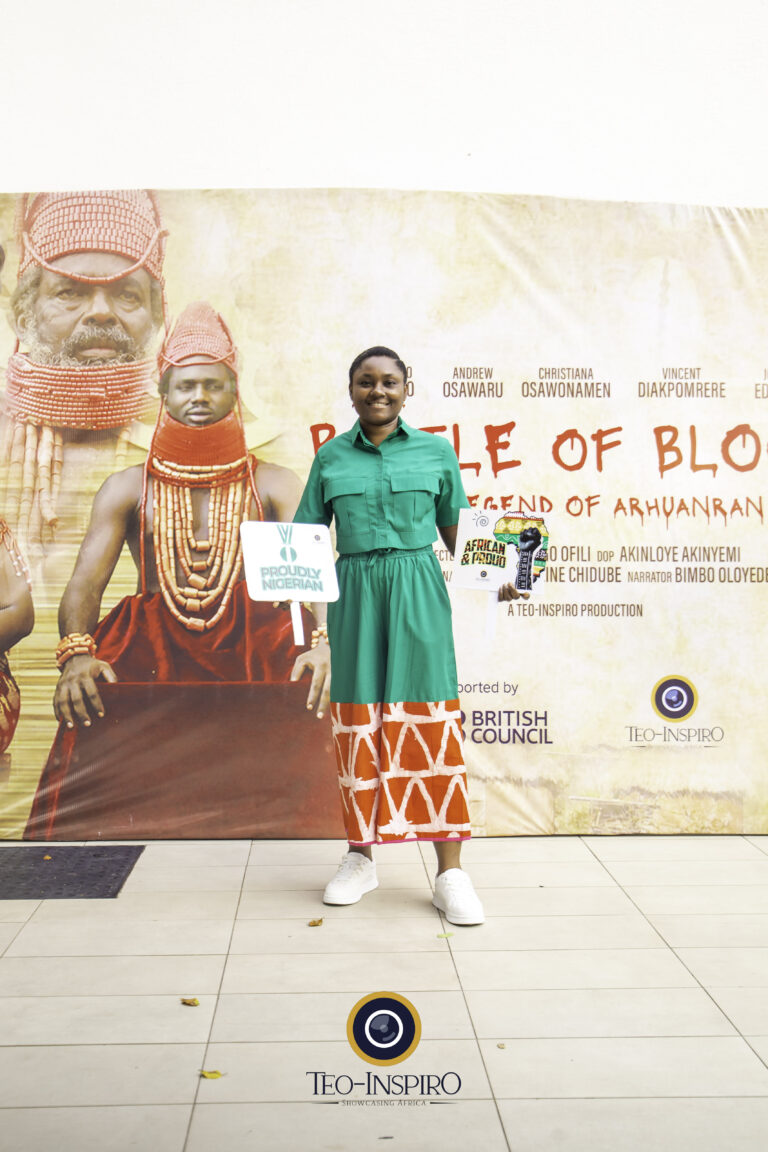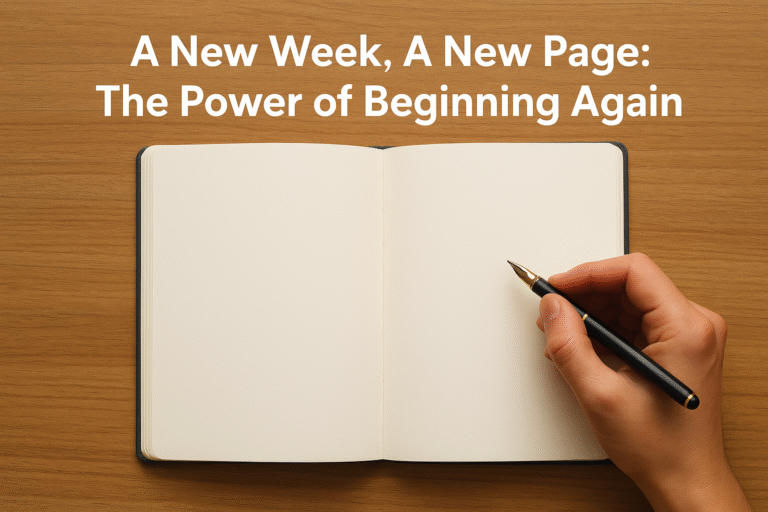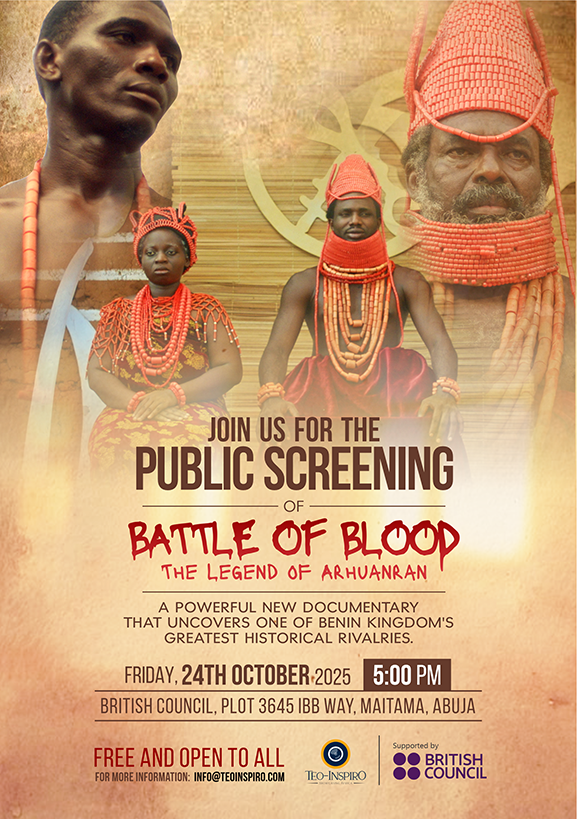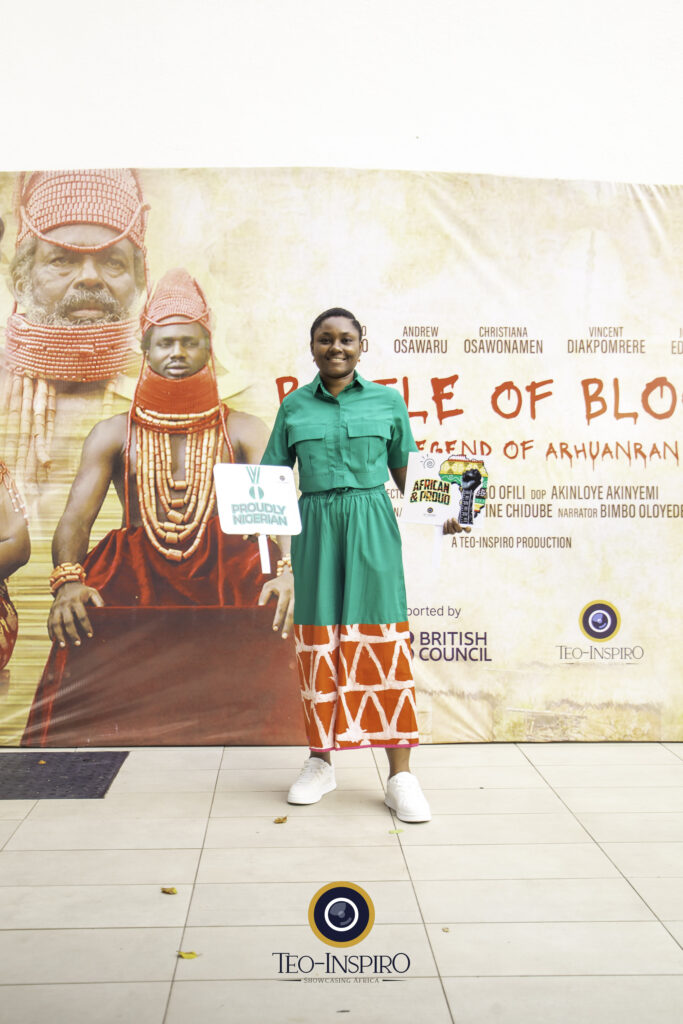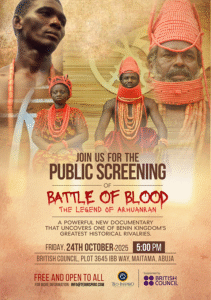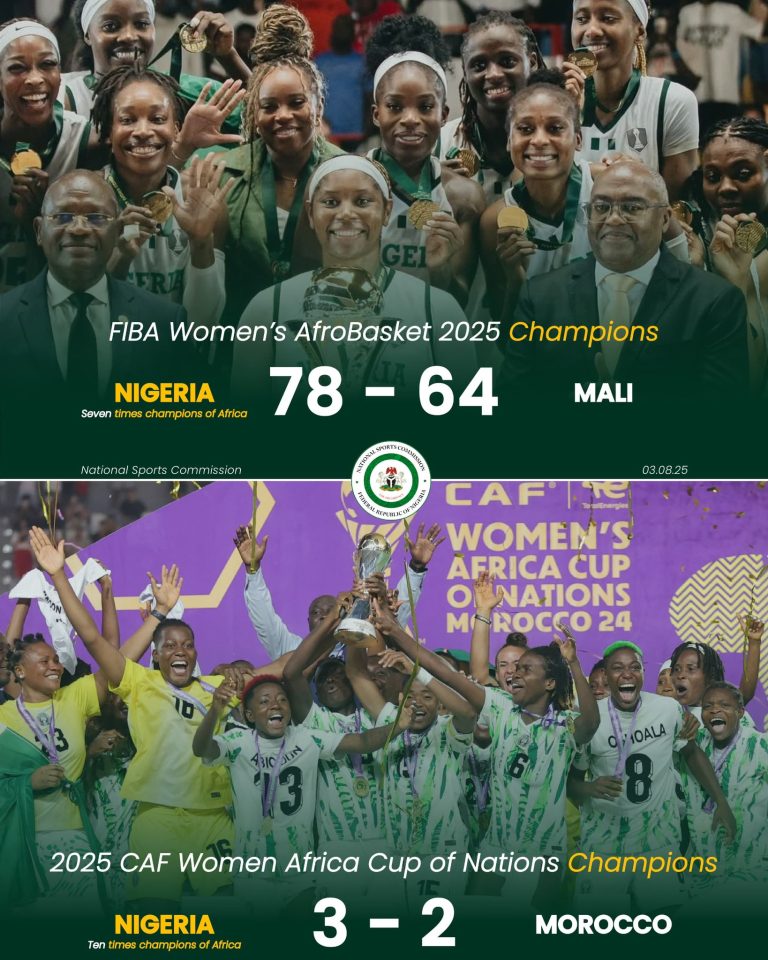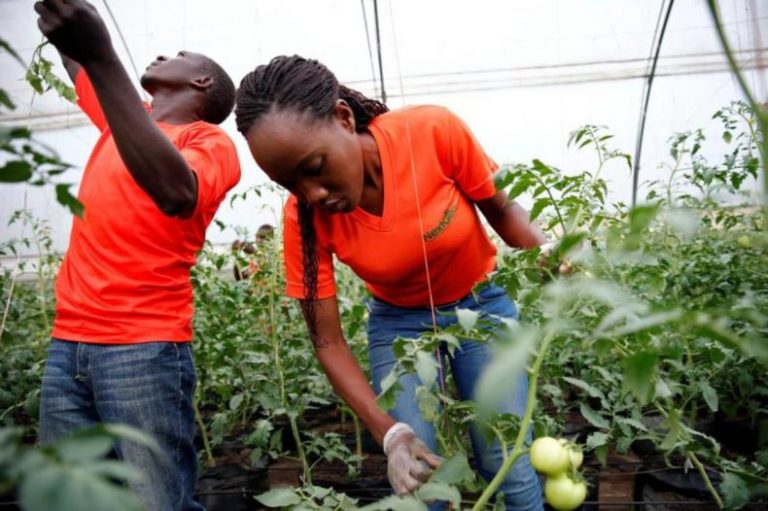By Oghenefego Ofili
The Osun State governorship elections held on the 22nd of September 2018 with a rerun on the 27th of September 2018. The conduct of the election was termed a ‘litmus test’ for the 2019 general elections in Nigeria. While some persons were concerned about the Independent National Electoral Commission’s (INEC) performance during the elections, others were interested in the political parties and their performance at the polls.
To the admiration of international, national observers and indeed the generality of Nigerians, the Osun people conducted themselves peacefully with nearly no reports of violence during the election exercise. In fact, people took to their social media platforms to commend the peaceful atmosphere and hailed the Osun people on their conduct during the election exercise. Some even went on to suggest other States of the federation took a que and exhibit such calm atmosphere during the 2019 general elections.
The reverse was the case when it came to the rerun elections a few days later after INEC declared the results inconclusive. One would have thought the rerun election was taking place in a totally different State. There were reports of violent hitches especially the allegation that some citizens were denied their right to vote; law enforcement agents were visible and election observers were not impressed by the atmosphere surrounding the rerun of the Osun State governorship election.
The election that held on the 22nd of September was a clear example of what could happen when people trust the system. The APC was very confident that her candidate would win the elections, especially since some special project of the federal government was launched by the Vice President in the State a few weeks before; the party had nothing to worry about. On the other hand, the PDP had some level of confidence that the people of Osun were tired of the APC’s leadership in their State and would readily give PDP the mandate in a free and fair election. So, the PDP in her campaigns focused on highlighting the importance of the neutrality of the election umpire, INEC.
INEC on its part ensured they delivered on their promise of making sure the election process was hitch free; from distribution of election materials, to arrival of ad hoc staff to polling units, up to vote counting. The people saw it, they knew that the process was transparent enough and the outcome a true representation of their votes.
So what lessons are there to learn?
When political parties have a sense of confidence in their ability to win an election and they trust the system to be neutral and transparent, the cases of violence during elections will reduce drastically. Also, when the electorate sense that their votes will count and that they will not suffer any harm by casting their votes, they will be willing to go through the process to ensure they perform their civic responsibility.
What happened during the rerun election was as a result of desperation on the part of the major contenders. The APC got a rude shock on the 22nd of September and had to make sure they win the rerun elections. As for PDP, they just could not trust the election umpire to remain neutral. These factors heated up the polity in the build up to the rerun. The conduction of a free and fair election is possible in the 2019 general elections; this is dependent on three major conditions.
- How confident the political parties are in their ability to win
- INEC’s neutrality in the process of carrying out its duty and
- If eligible voters have no fears of violent attacks and election rigging.

